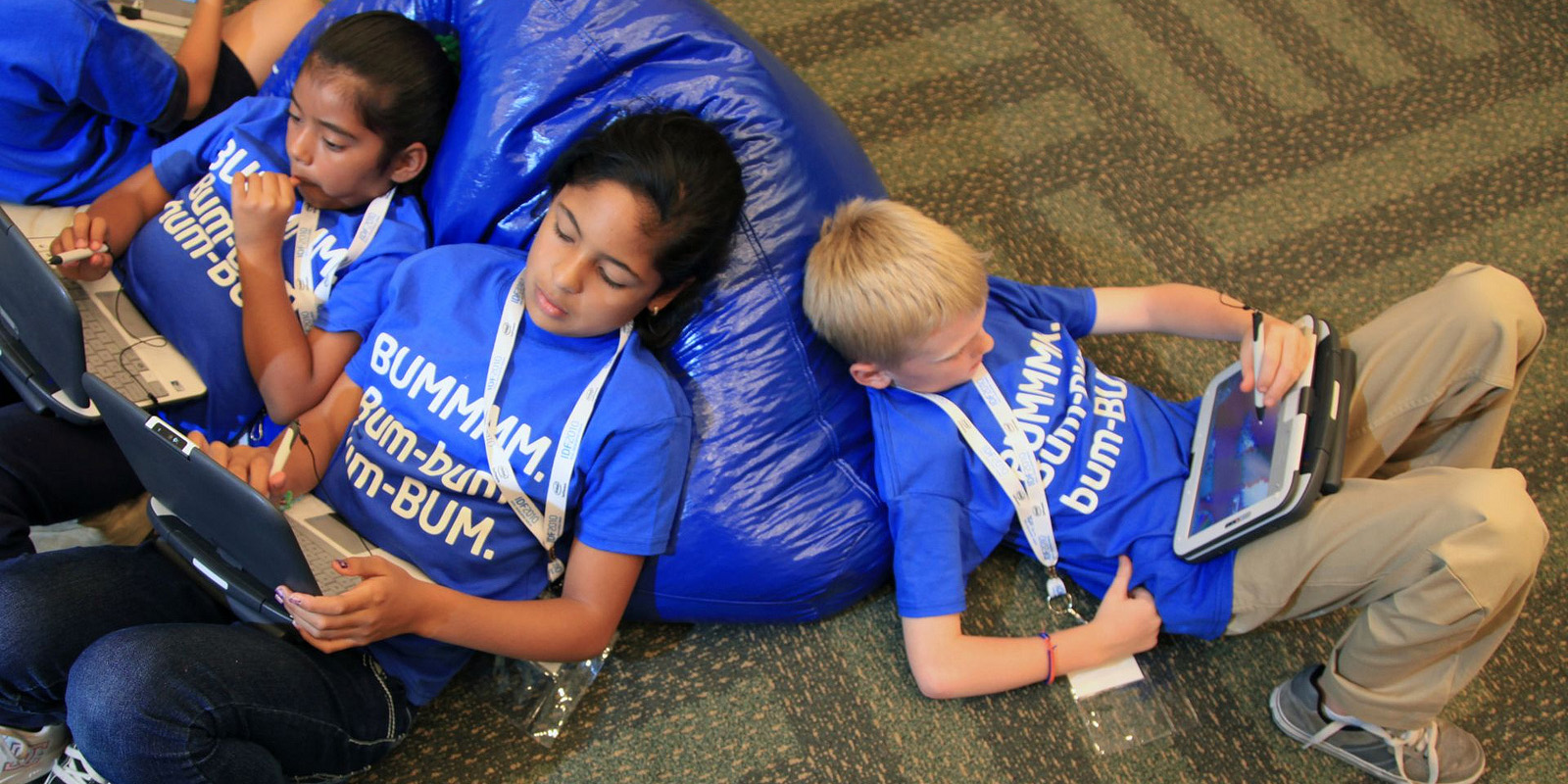How to Find the Best Math Apps for Kids

Warning: Some of this might get a little technical, but the points are too important for you to miss.
South Korea has one of the best education systems in the world according to NCEE and OECD. Very recently, we posted an article from Edudemic on our twitter, about how math is taught in South Korea. Two of the key points of this article, was that Korea puts an emphasis on their students developing basic skills such as numeracy and has a strong focus on using educational technology in the class room. Needless to say, at Minitutor we are big proponents of both.
So is Stanford Mathematician Dr. Keith Devlin who says: “The traditional symbols of math were developed to do mathematics on a sheet of paper. [...] it was a static representation of something fundamentally dynamic – namely a form of thinking! Tablet computers and video games provide interactive, dynamic representations, which means you can get closer to the thinking, and break through the Symbol Barrier”.
What the best math apps for kids do, is provide a User Interface to mathematics that is much better suited to the beginner-level learning they need. Today, the child’s study of the symbolic representation of math can be postponed until after the child has mastered the basic mathematical thinking in a more efficient way. Not all math games do this well, but the best educational apps for kids manage to balance between the symbolic and the dynamic representation of math.
Putting this into practice, when looking for the perfect math app, look for a game that can take your child safely through the so-called “Symbol Barrier”. Check the App Store screenshots and see if you can find signs that the game uses dynamic representations of math, such as objects that are easily recognizable and age appropriate.
This week, we are releasing a new math app for kids called Number Crusher. It teaches early number recognition and simple addition through physical representation of values. Check it out here.
Written by Emil

